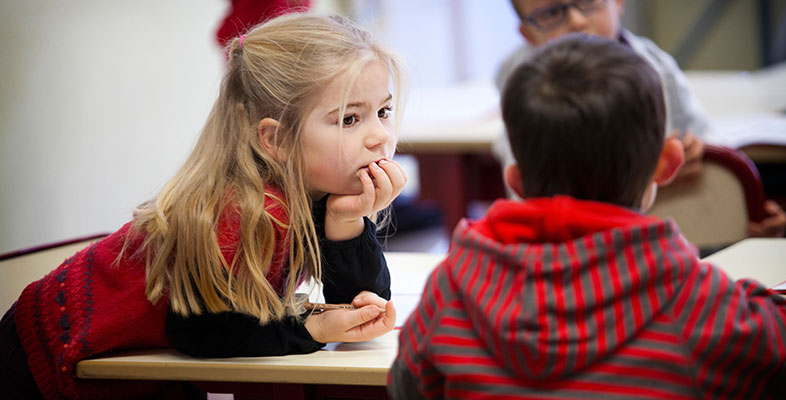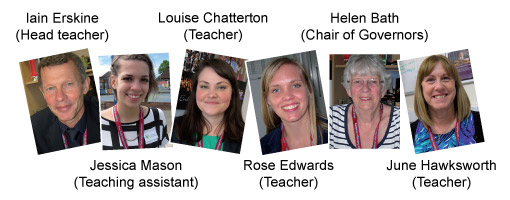1.4 The school community
In 2015 we visited Fulbridge Academy and met a range of adults and children at the school. In Activity 2 you will hear what they had to say about their involvement and experiences as participants in school life.
Activity 2 Learning and the school curriculum
In the following audio recording, you will hear from all the adults and children that we talked to at Fulbridge Academy. Listening to the recording will give you an overall sense of the school and the people who work and learn there. This audio is over 20 minutes in length, so you may find it helpful to listen to it in two or more segments. For example, you may wish to pause halfway through and jot down your thoughts at that point before listening to the rest of the recording.
Transcript
Based on what you have just heard, write down your responses to the following questions.
- What comes across as the most important characteristics of the school’s approach to the curriculum?
- Who are the learners at the school?
- In what ways is the impression given of Fulbridge Academy similar to or different from your own experiences of primary education or your expectations of what primary education should be like?
Discussion
A phrase from Iain Erskine, principal of Fulbridge Academy, that stood out for us was the desire to ‘create an environment which makes you long for childhood … which makes you truly want to learn and become learners’. This seems to be about making what excites, intrigues and motivates children the starting point for thinking about and planning the learning experiences that are provided for them, rather than starting with a prescribed curriculum and planning how to deliver it to the children. How does this compare with the kind of learning activities you experienced during your time at primary school?
We also found it significant that the school does not use textbooks or worksheets, and felt that this was about enabling the school to be fully responsive to the changing needs of its learners without being constrained by fixed resources – especially given the diverse make-up of its pupil intake. This ability to be responsive – to create a ‘bespoke curriculum’, to use Iain’s words – is also characteristic of an approach that sees all members of the school community, adults as well as children, as learners. For the adults in the school, this involves being open to learn from each other, from parents, school governors, visiting professionals such as speech and language therapists, members of the wider community and, most important of all, the children themselves.

